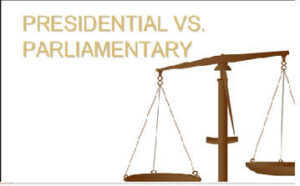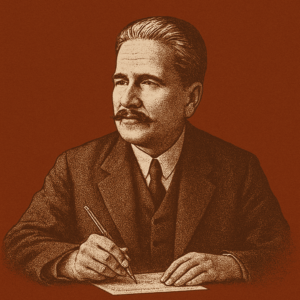“Why Nations Fail: The Origins of Power, Prosperity, and Poverty” is a thought-provoking and influential book written by Daron Acemoglu and James A. Robinson. The book delves into the intricate relationship between political and economic institutions and how they shape the success or failure of nations.
The book “Why Nations Fail” presents a comprehensive analysis of why some nations prosper while others remain trapped in poverty and underdevelopment.
Acemoglu and Robinson argue that the key determinant of a nation’s success lies in its institutions—political and economic rules and norms that govern society.
The authors distinguish between inclusive institutions, which encourage broad participation, innovation, and social mobility, and extractive institutions, which concentrate power, suppress competition, and hinder progress.
The book explores historical examples, anecdotes, and case studies from various nations to illustrate the impact of institutions on economic growth, social inequality, and political stability.
The authors contend that extractive institutions perpetuate poverty by benefiting a narrow elite at the expense of the broader population.
In contrast, inclusive institutions create a more equitable distribution of power and resources, leading to economic prosperity.
Beyond that the authors’ central argument—that institutions are the primary drivers of a nation’s success or failure—is compelling and challenges conventional thinking about economic development.
Moreover, the use of real-world historical examples and case studies enhances the book’s credibility and allows readers to see the concepts in action.
In essence, the book is a significant contribution to the discourse on economic development and the role of institutions in shaping the destinies of nations. While some criticisms focus on the book’s oversimplifications, its central message—that inclusive institutions lead to prosperity—is a valuable lens through which to view the complexities of global economics and politics.
The book invites readers to rethink the factors that contribute to a nation’s success and challenges us to consider the transformative power of inclusive institutions in creating a more equitable and prosperous world.
📍 English Language Educator | Blogger & Content Strategist | 7+ Years in Educational Blogging
Nosheen Bashir is a dedicated English teacher and experienced blogger with over seven years of expertise in content creation and educational writing. Passionate about language, literature, and effective communication, she combines her teaching experience with blogging skills to create insightful, research-backed content that helps learners and educators alike.
🔹 Expertise & Achievements:
✔ English Language Education: A skilled educator with years of experience in teaching English grammar, literature, and communication skills to students of varying levels.
✔ Educational Blogging: Running a successful blog for 7+ years, delivering well-structured, engaging content on language learning, writing techniques, and academic success.
✔ SEO & Content Strategy: Specializes in creating high-ranking, authoritative articles that follow Google’s EEAT principles, ensuring content that is both informative and search-friendly.
✔ Student-Centric Approach: Committed to making English easier, engaging, and accessible, helping readers and students improve their language proficiency.
🚀 With a passion for teaching and writing, Nosheen Bashir is dedicated to crafting educational content that empowers students, teachers, and language enthusiasts worldwide.










